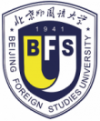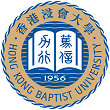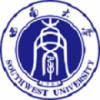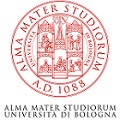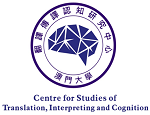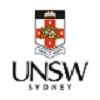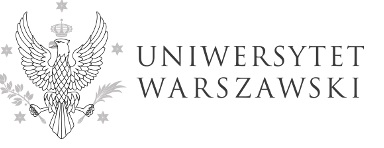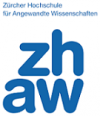In the move from an almost exclusive focus on products towards processes, translation studies researchers have begun to examine the effects of those processes on the quality of the target texts. Translation products are the result of the interaction between societal expectations of what translations should be and those practices and competences that allow professional translators to produce acceptable translations within temporal and economic constraints. Various translation process models have suggested what the cognitive decision process of translation might involve, and current translation competence models have outlined the expert knowledge and cognitive components assumed to be necessary for effective translation work.
In translator training, the most common means of accessing, analyzing, evaluating, and critiquing the process of translational performance has been through student annotations and other forms of written commentary. Recently, however, various other ways of specifically including explicit input on the translation process as an element of translation education and training have been proposed (cf. Massey 2005). The transfer of process research techniques to evaluation of undergraduate students’ translation performance has also been explored in the case of retrospective methods and screenshot recordings (cf. Hansen 2006; Kujamäki 2010). In our paper, we outline how various methods that have been used to investigate the translation process (cf. Ehrensberger-Dow & Künzli 2010; Massey & Ehrensberger-Dow 2010) can profitably be applied to evaluating performance in undergraduate and graduate translation degree programs.
In a pilot study recently carried out in our MA program, we have found that making the translation process transparent provides both evaluators and participants with insights into search behavior, integration of thematic and linguistic material from parallel texts, revision, and efficiency. This transparency facilitates much better coaching than traditional evaluations of translation products can, since many of the considerations in reaching translation solutions can be observed and do not just have to be assumed. Another important aspect is the possibility of evaluating individual translating aptitude which is especially important in post-graduate courses in which participants may have very different academic and professional backgrounds.




